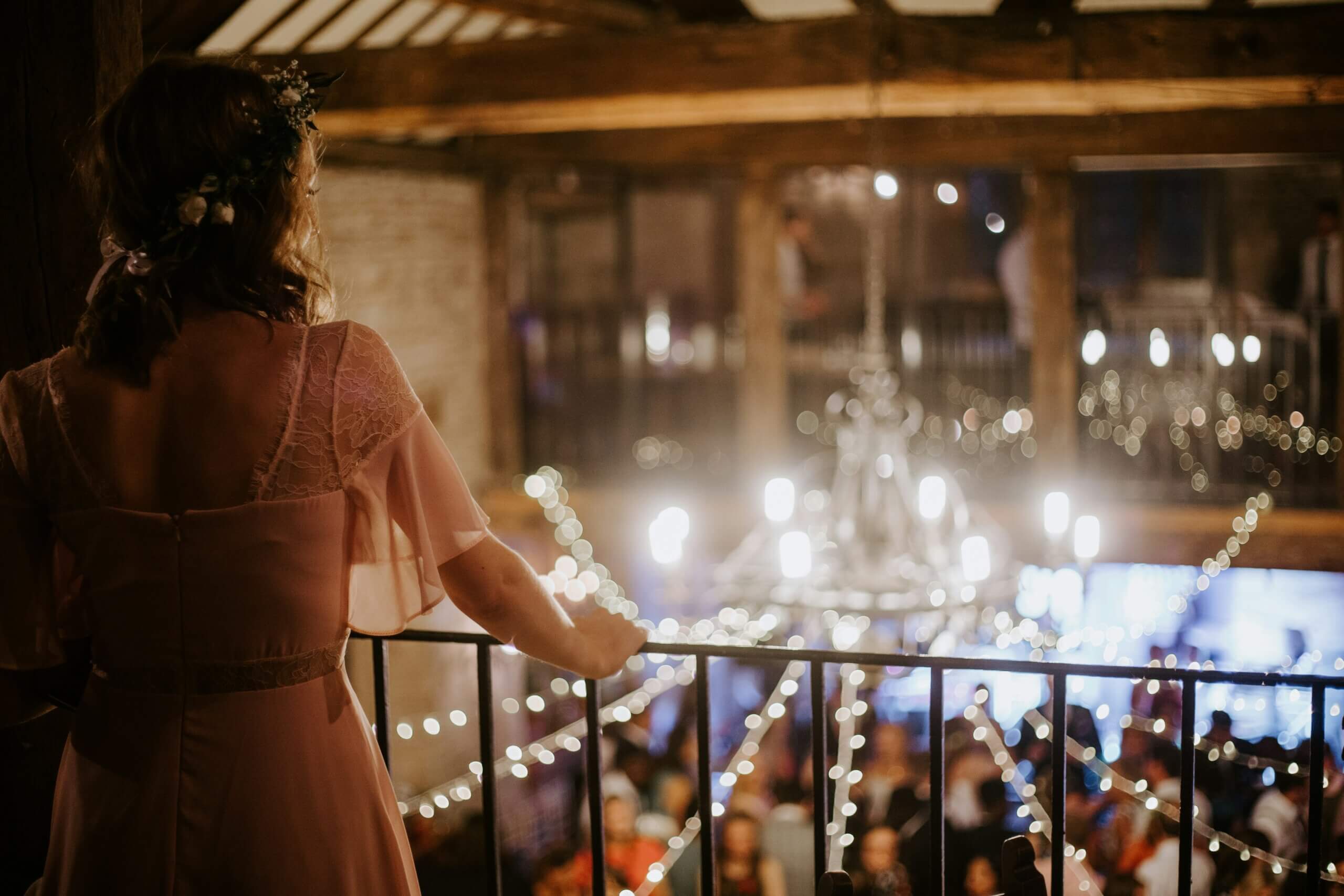There are moments in recovery that no one quite prepares you for. The big family reunion. A summer concert. That first wedding invite with the open bar listed right there in gold script.
These events might sneak up on you — not because you didn’t see them coming, but because of how they can feel when they arrive. Suddenly, you’re not just the person who got sober. You’re the person figuring out what that means in the middle of a dance floor, with champagne flutes clinking all around you (and people may not even know where you are in your journey).
The First Sober Wedding
Weddings are joyful, emotional, and often alcohol-forward. It’s not just the drinks themselves; it’s the toasts, the expectations, the subtle pressure to celebrate a certain way.
Your first sober wedding might feel like a test. You may walk in with a plan — sparkling water in hand, exit strategy ready — and still feel the sting of not joining the champagne toast or dodging questions from relatives who haven’t heard “the news.”
If you can relate to this, know that you’re not alone, and you’re not doing it wrong. These moments are hard because they matter. They brush up against who you used to be and who you’re becoming.
Some things that help:
- Bring your own drink or ask the bartender to make your go-to nonalcoholic beverage feel festive.
- Text a sober friend before and after the ceremony. Let someone know you might need backup.
- Leave when you need to. Seriously. Your recovery is more important than appearances.
Concerts, Cookouts, and Christmas Parties
Every social gathering has its own triggers. The band that reminds you of old drinking days, the backyard party where coolers are everywhere, the office party where the boss insists on “just one.”
What these events have in common is a familiar script: connection, celebration, letting loose. When you get sober, it can feel like you’ve lost the map. But in reality, you’re writing a new one.
There is a quiet pride in dancing sober at a concert, in showing up with your whole self to the holidays. It’s not always comfortable. But it is powerful.
To stay grounded:
- Bookend the event with recovery. Go to a meeting before or plan a quiet check-in after.
- Bring a sober buddy if possible. If not, identify a safe person to talk to if things feel overwhelming.
- Have an escape plan. Plan to have an Uber ready. Park your car where you can easily leave. It’s not flaking, it’s honoring your limits.
The Loneliness of Doing It Differently
Even joyful spaces can bring up grief in recovery. Not necessarily for the drink itself, but for the version of yourself who could “let loose” without consequences, even if that version wasn’t sustainable. You might feel like you’re missing out or like you’re on the outside looking in, especially when others seem so carefree.
This feeling is normal. It’s a kind of grief that comes with change, with letting go of old habits, identities, and rituals. It doesn’t mean you’re failing, it means you’re growing. Give yourself room to feel that sadness without judgment. Feeling left out doesn’t mean recovery isn’t working; it means you’re honoring the reality of what you’ve been through.
Let yourself mourn. And then remind yourself why you chose this path: freedom, clarity, health, connection. Those things may not show up in every moment, but they’re being built, one event at a time.
What to Say When People Ask
“You’re not drinking tonight?” might sound like an innocent question, but it can hit hard. You don’t owe anyone an explanation — your recovery is personal. But having a prepared response can take the edge off and help you stay grounded.
Here are a few options:
- “I’m the designated driver tonight.”
- “I’ve got an early morning tomorrow.”
- “I’m just pacing myself.”
- “Not tonight, but thanks for offering.”
- “I’m good with what I’ve got.”
- “Just taking a break for a bit.”
You can also keep it simple: “No thanks.”
People will often move on quickly. And if they don’t, that says more about their relationship with alcohol than yours. Practice saying these lines out loud or in your head before the event. It can help them feel more natural when the time comes.
If You Slip (Because It Happens)
If you came to this post after slipping at a wedding or party, take a breath. You’re not broken; you’re not back at square one. Slips happen. They’re painful, yes, but they’re also a part of many people’s recovery journey.
A slip is information. It shows you where your plan didn’t hold, or what kind of support you need next time; it doesn’t mean all your progress is lost, it means you now have more insight about what situations are hardest for you (and what tools you might need to sharpen).
Reach out. Talk to someone safe. Get back to your recovery supports as soon as you can. You haven’t failed. You’ve learned. And that learning can carry you forward.
Give Yourself Credit
No one claps for you when you drink a Diet Coke instead of a beer. But we should. These small moments are huge. They add up to something unshakable.
Recovery isn’t just about staying away from a drink. It’s about learning how to live again — honestly, awkwardly, and courageously. Each social trigger you face is a chance to remind yourself: You are not who you were, you are healing, you are choosing something different.
And that deserves to be celebrated.







